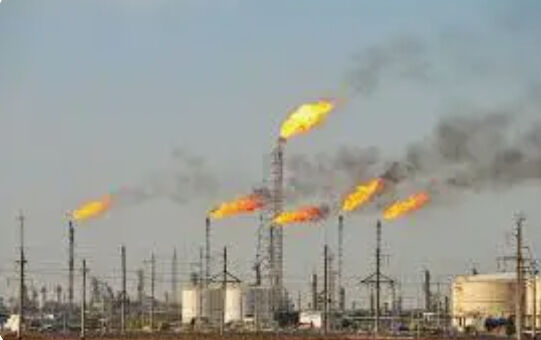Nigeria, US, Russia, 6 Others Flare 75% of Global Gas Volume into the Atmosphere
The World Bank report shows an overall global increase of 9 billion cubic meters (bcm) from 139 billion cubic meters (bcm) in 2022 to 148 bcm in 2023.
It identified Nigeria alongside eight other countries of accounting for 75% of the world’s flared gas according to the latest Global Gas Flaring Tracker Report by the World Bank.
The eight other countries include Russia, the United States, Iran, Iraq, Venezuela, Algeria, Libya, and Mexico, with Nigeria being eighth on the list. The report noted that these nine countries have dominated global gas flaring for over a decade.
According to the report, these countries produce 46% of the world’s oil, yet their gas flaring practices remain a significant environmental concern.
The report read: “The Russian Federation, the Islamic Republic of Iran, Iraq, the United States, República Bolivariana de Venezuela, Algeria, Libya, Nigeria, and Mexico remain the top nine flaring countries in 2023. Together, these nine countries are responsible for 75% of global gas flaring, but just 46% of global oil production.”
This 7% rise in flaring volumes marks the highest level recorded in the last five years. The increase in gas flaring is juxtaposed with a mere 1% increase in global oil production, underscoring a growing disparity between oil extraction activities and environmental sustainability.
Russia remains the largest flaring country, with an 11% increase in 2023. The United States experienced a 21% rise in flaring, primarily in shale-producing regions such as the Permian Basin.
These increases have major implications for global greenhouse gas emissions, contributing to heightened concerns over climate change and environmental degradation.
The World Bank report emphasizes the need for urgent and coordinated global action to achieve the goal of Zero Routine Flaring by 2030. It calls for substantial investments in gas recovery and utilization projects, especially in countries with high flaring volumes.
For Nigeria, this means enhancing infrastructure, adopting new technologies, and fostering public-private partnerships to mitigate the environmental impact of gas flaring.

